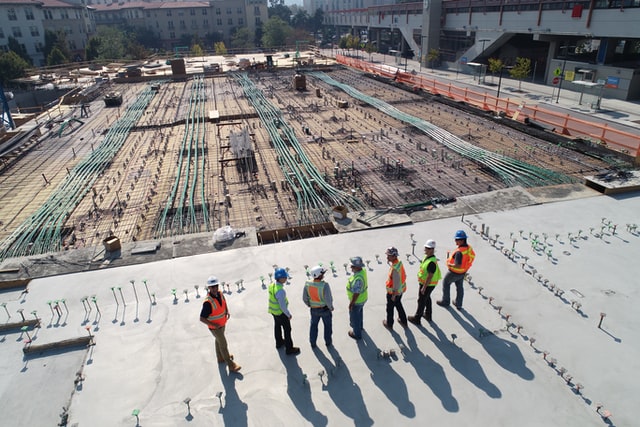
Dwelling approvals witnessed an unexpected increase in May, reversing the declines recorded in the first few months of the year.
According to the Australian Bureau of Statistics (ABS), approvals for units drove the overall increase after the segment posted a 32% growth in May. This robust growth in the unit segment offset the 2.7% drop in the approval for detached dwellings.
Western Australia registered the highest increase in dwelling approvals at 38.7%, followed by Tasmania (26.8%), Queensland (20.9%), and New South Wales (4.7%).
On the other hand, approvals declined in South Australia (21.3%) and Victoria (6.6%).
Westpac economist Ryan Wells said these results follow the “extremely choppy” start to the year, which was impacted by the Omicron outbreak.
“Although ongoing volatility makes trends harder to read, the underlying detail suggests the downtrend in dwelling approvals, as more firmly established in the April result, still remains in place,” he said.
Mr Wells said the granular level of approvals data shows some interesting findings about the movement of markets.
“The more granular detail showed a notable decline of -6.1% across the sub-markets with median dwelling prices above $750,000, while sub-markets below $750,000 — the segment with a bigger take-up of Federal HomeBuyer support — looks to be steadying,” he said.
Housing Industry Association (HIA) senior economist Nicholas Ward said the detached housing approvals, despite the monthly decline, is still sitting higher on a quarterly basis and compared to the pre-COVID levels.
“Detached house approvals continue to be elevated compared to pre-COVID levels, meaning projects underway and new work entering the pipeline will continue to keep home builders busy into 2023,” he said.
On top of this, activity in the renovation space was also higher than the pre-pandemic levels.
“Activity in 2022 shows the rate of new home building and renovation activity remains strong which will assist in delaying the adverse impact of rising interest rates on building activity, and therefore on the wider economy,” Mr Ward said.
—
Photo by @sunburned_surveyor on Unsplash